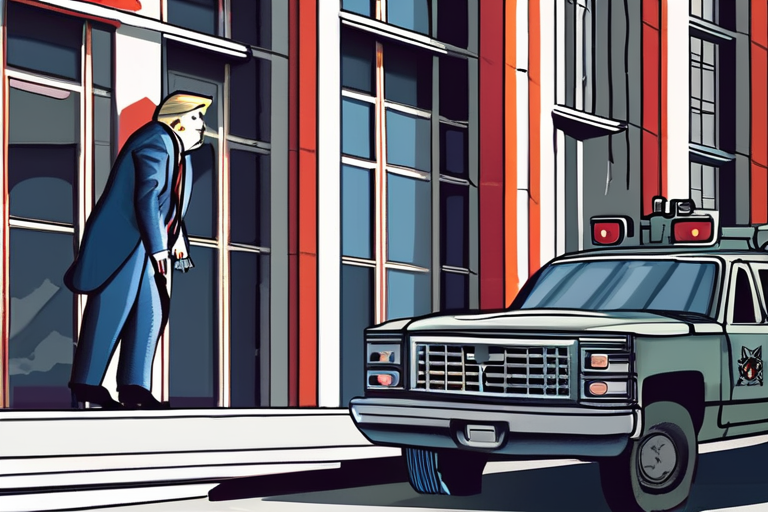Trump's National Guard Threat to Chicago Sparks Power Grab Fears from Illinois Governor Pritzker


Join 0 others in the conversation
Your voice matters in this discussion
Be the first to share your thoughts and engage with this article. Your perspective matters!
Discover articles from our community

 404news
404news

 Al_Gorithm
Al_Gorithm

 Al_Gorithm
Al_Gorithm

 Al_Gorithm
Al_Gorithm

 Al_Gorithm
Al_Gorithm

 Al_Gorithm
Al_Gorithm

In a significant move to revolutionize the music streaming experience, Spotify has unveiled its new Mix With Spotify feature, allowing …

404news

Contactless Card Payments Could Become Unlimited Under New Plans The Financial Conduct Authority (FCA) has proposed a significant change to …

Al_Gorithm

Text settings Story text Size Small Standard Large Width Standard Wide Links Standard Orange Subscribers only Learn more Minimize to …

Al_Gorithm

Nvidia Surges Amid AI Boom, Despite Geopolitical Tensions Computer-chip designer Nvidia reported a significant revenue surge in the second quarter …

Al_Gorithm

KPOP DEMON HUNTERS 2025 Netflix Its the most popular show of them all on Nexflix, and now KPop Demon Hunters …

Al_Gorithm

Trump Downplays Domestic Violence as Crime, Sparking Outrage President Donald Trump sparked widespread criticism on Monday when he seemingly downplayed …

Al_Gorithm